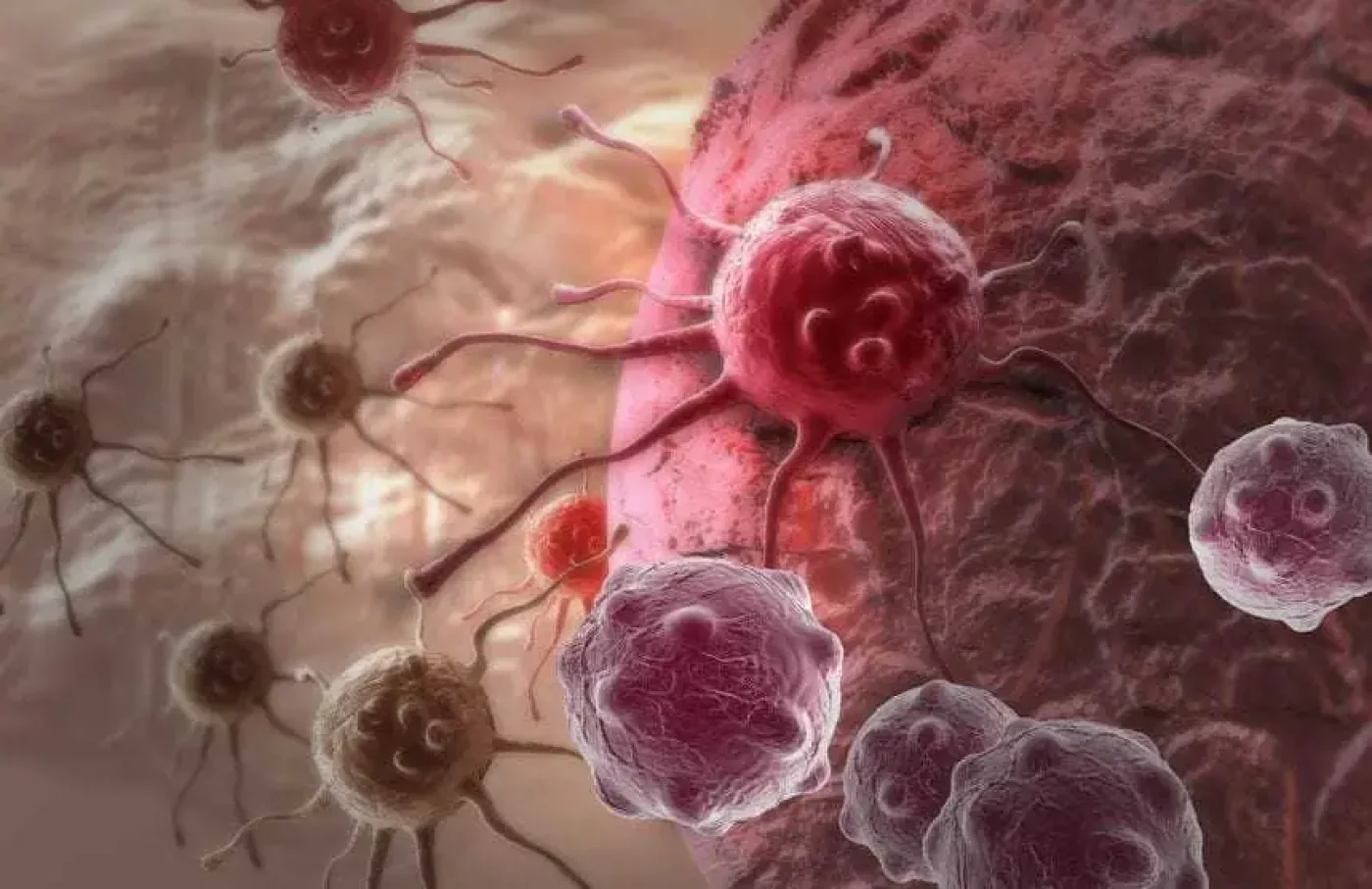
A research project at the Castellón Provincial Hospital, led by the Advanced Therapies Unit, will explore the antitumor potential of extra virgin olive oil (EVOO) Sabor del Temps, produced in the Foia de l’Alcalatén region. This project is based on the findings of previous studies by the Universitat Jaume I (UJI) and the University of Córdoba, which demonstrated the oil’s ability to inhibit tumor cell proliferation in vitro.
This new research was based on two collaborative studies. The first, using an extract of the Sabor del Temps olive, evaluated its effect on the human colon adenocarcinoma cell line HT-29. The results showed an inhibition of cell proliferation with an IC50 value of 13 µg/mL. The IC50 (Median Inhibitory Concentration) is a key metric in pharmacology that indicates the concentration of a substance required to inhibit a biological process by half, in this case, the growth of cancer cells. Additionally, it was confirmed that the extract is stable and maintains its properties over the long term.
The second study, conducted with Sabor del Temps Blanc EVOO, also demonstrated a significant antitumor effect. At a dose of 30 µg/mL, the oil inhibited the growth of HT-29 colon adenocarcinoma by 30% and MCF-7 breast adenocarcinoma by 30%. Importantly, these doses had no harmful effects on healthy cells, suggesting potential selectivity of action.
The current project, led by scientist Raquel Gil Edo, seeks to take these findings to a more advanced and clinically relevant phase. The research will focus on the preparation of EVOO and olive pulp samples.
The main methodological innovation lies in the use of three-dimensional models of cells, known as organoids. Unlike conventional two-dimensional cell cultures, organoids more accurately mimic the structure and function of real tissue. This allows for a more faithful simulation of tumor response to treatment. The study will evaluate the effect of EVOO samples on the growth and inflammation of these cultures, particularly in breast adenocarcinoma cell lines (MCF-7).
Additionally, preclinical validation will be conducted using organoids derived from cells of patients with pancreatic cancer (PDAC). Pancreatic cancer is one of the most aggressive cancers with a high mortality rate, so the possibility of finding an effective therapy would be a significant advance. By working with patient-derived cells, researchers will be able to obtain a more precise approximation of the treatment’s potential response in a real-life clinical setting.
This project represents an interdisciplinary collaboration between the Dávalos-Fletcher Foundation, the Advanced Therapies Unit of the Castellón Provincial Hospital, and the UJI, with the participation of experts such as Carlos Ferrer and Eva Falomir. The research not only elevates Castellón to the forefront of oncology research with natural products, but also highlights the potential of personalized and preventive therapies. The results could open a new avenue for the development of complementary or alternative cancer treatments.
Important Note: aceitedelcampo.com promotes the consumption of extra virgin olive oil for its culinary qualities and health benefits. However, no medication or current treatment should be replaced without the guidance of a healthcare professional.
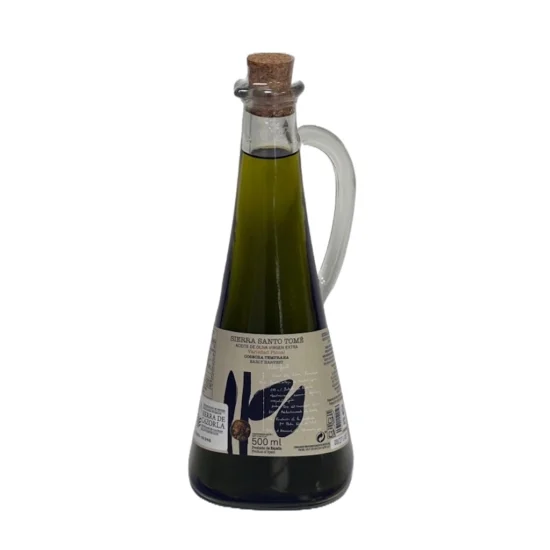
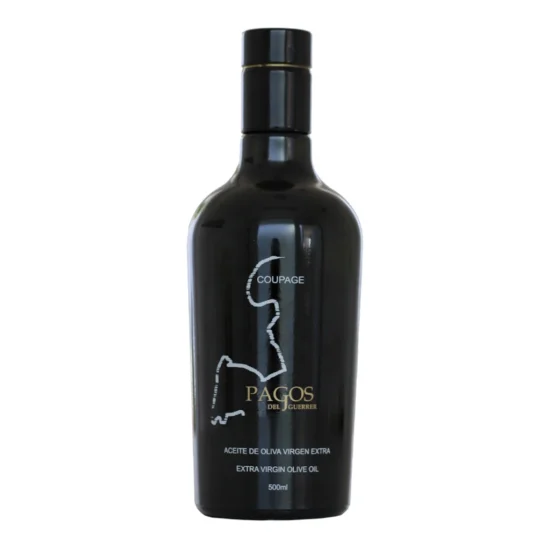
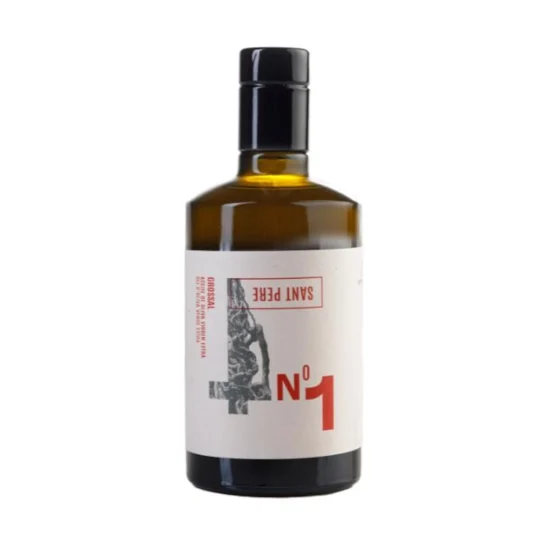
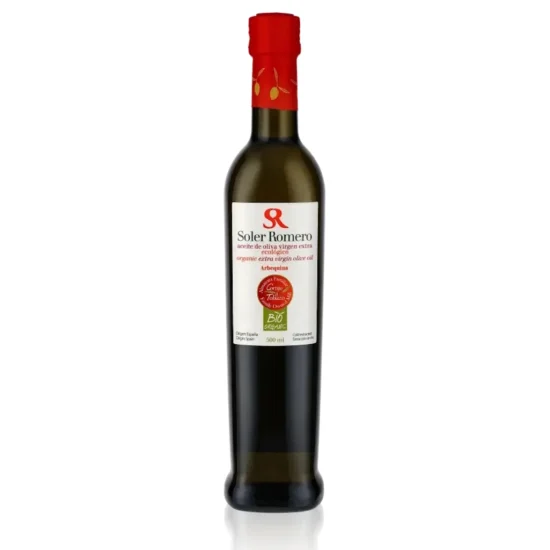
Subscribe and receive a coupon by email for your next purchase.